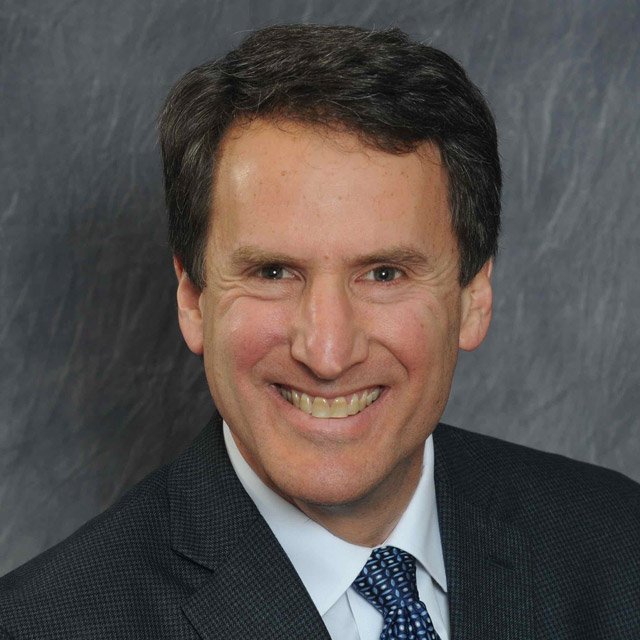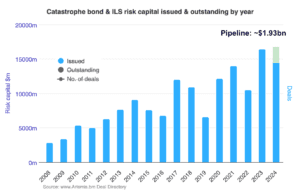Selecting and Evaluating DAF Sponsors

Since some sponsors target clients directly, it is important that advisors help their clients choose the most appropriate one initially or evaluate the ones that clients may have chosen on their own.
Questions that should be addressed upfront include:
Which of the donors’ grant recommendations will the DAF sponsor not approve? Are there any restrictions on grants to charities outside of the mission or geographic region of the DAF sponsor? What are the granting guidelines? What’s the time frame for sending out grants?
Can the donor’s financial advisor manage the assets in the DAF account? Is there a minimum amount at which this is available? What is the investment policy statement? Is there a maximum percentage allowed in any one stock or fund? Can the DAF sponsor work with the advisors’ preferred custodian(s)?
If the advisor cannot manage his clients’ DAF assets, which investment funds are offered? What is the past performance?
What are the fees? Minimums for establishing funds and size of grants?
What types of assets can the DAF sponsor accept as donations? Only cash and publicly traded securities, or illiquid assets such as privately held C or S corporation stock, LP or LLC interests, cryptocurrencies, real estate, etc.? Will the DAF sponsor hold some of these assets, or does it require their immediate sale?
With whom will the donors and their advisors work at the DAF sponsor?
Can the DAF account continue in perpetuity, or is it limited to the life of the donor? If the latter, what happens to the assets in the DAF account?
Can the donor determine how much to grant to various charities annually? Is the amount limited if it is an endowed DAF account, or does the DAF sponsor require the donor to grant a specified percentage of the grants back to the DAF sponsor every year? Is there an annual granting requirement?
What resources are available to help donors and their advisors? Does the DAF sponsor provide content, services or resources when donors or advisors need advice on charitable giving?
Does the DAF sponsor offer DAFs to donors only through their advisors, or does it target donors directly and bypass their advisors?
Is the advisor’s firm name featured in the name of the DAF sponsor? Is that an issue for clients with privacy concerns, since many donors do not want charities to know which firm manages their investments?
Can the DAF be transferred to another DAF sponsor?
These other questions are also very important, especially with newly established and smaller DAF sponsors:
How many people are on the staff? How many are dedicated solely to the operation of the DAF? What is the service model should the donor need assistance?
When was the DAF established?
Who is on the DAF leadership team, and what is their background?
How many are on the board of directors?
How many DAF accounts are there, what is the current amount of total assets, and how many grants are sent out each year? What has been the level of growth over the past five years?
What technology is used to open and administer the DAFs? What security protections are in place to safeguard the data for donors and their advisors?
Are the current audited financial statements and Form 990 available and on the website?
What happens if the DAF sponsor goes out of business?
There are more DAF sponsors than ever, and it is important that advisors closely evaluate them to determine which is the best short- and long-term fit for their clients. Clients may also be tempted to open DAF accounts on their own since they have become so widespread, so it is critical that advisors get involved and help select the most appropriate one before clients make a decision on their own that they may later regret. Clients will greatly appreciate the input of their advisors.
Ken Nopar is vice president and senior philanthropic advisor for the American Endowment Foundation donor-advised fund. Founded in 1993, AEF is the leading independent DAF sponsor, working with 12,000 donors and their tax, wealth and legal advisors in all 50 states.






